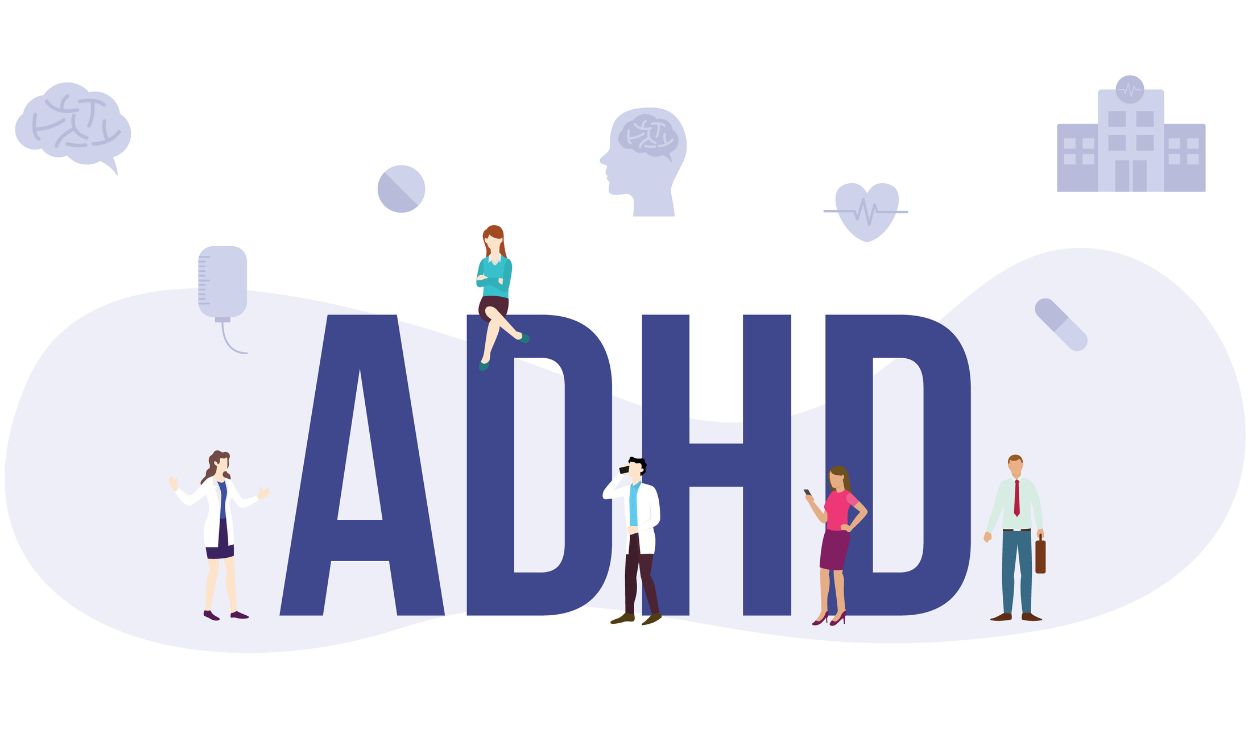Managing and Coping with Chronic ADHD: A Comprehensive Guide
Attention Deficit Hyperactivity Disorder (ADHD) is a neurodevelopmental disorder that affects both children and adults. It is characterized by symptoms such as inattention, hyperactivity, and impulsivity. ADHD can have a significant impact on an individual’s daily life, including their academic, social, and occupational functioning. Managing and coping with chronic ADHD can be challenging, but with the right strategies and support, it is possible to lead a fulfilling life. In this article, we will discuss some effective ways to manage and cope with chronic ADHD, with a focus on the Indian population.
Seek Professional Help
The first step in managing and coping with chronic ADHD is to seek professional help. A qualified mental health professional, such as a psychiatrist or psychologist, can diagnose ADHD and provide appropriate treatment. Treatment for ADHD typically involves a combination of medication and therapy. Medications such as stimulants and non-stimulants can help reduce symptoms of ADHD, while therapy can help individuals develop coping strategies and improve their social and academic functioning.
Develop a Routine
Individuals with ADHD often struggle with organization and time management. Developing a routine can help individuals with ADHD stay on track and manage their time effectively. A routine should include specific times for waking up, eating meals, completing tasks, and going to bed. It is also important to prioritize tasks and break them down into smaller, more manageable steps.
Exercise Regularly
Regular exercise has been shown to be an effective way to manage symptoms of ADHD. Exercise can help improve focus, reduce impulsivity, and increase overall well-being. It is recommended that individuals with ADHD engage in at least 30 minutes of moderate-intensity exercise per day. Activities such as walking, jogging, swimming, and cycling are all great options.
Practice Mindfulness
Mindfulness is a technique that involves paying attention to the present moment without judgment. It has been shown to be an effective way to reduce symptoms of ADHD and improve overall well-being. Mindfulness can be practiced through activities such as meditation, yoga, and deep breathing exercises.
Use Technology to Your Advantage
Technology can be a useful tool for individuals with ADHD. There are many apps and tools available that can help with organization, time management, and task completion. Fitpaa is an end-to-end AI-driven metabolism monitoring and management technology that can help individuals with ADHD achieve their health and fitness goals. Fitpaa uses the latest state-of-the-art research in Lifestyle Medicine and Behavioral Therapy to strengthen all 11 organ systems and deliver guaranteed results.
Get Adequate Sleep
Getting adequate sleep is essential for individuals with ADHD. Lack of sleep can exacerbate symptoms of ADHD, including inattention and hyperactivity. It is recommended that adults get 7-9 hours of sleep per night, while children and adolescents need 9-11 hours of sleep per night.
Seek Support
Living with chronic ADHD can be challenging, and it is important to seek support from family, friends, and mental health professionals. Support groups can also be a great resource for individuals with ADHD. Support groups provide a safe and supportive environment where individuals can share their experiences and learn from others.
In conclusion, managing and coping with chronic ADHD can be challenging, but with the right strategies and support, it is possible to lead a fulfilling life. Seeking professional help, developing a routine, exercising regularly, practicing mindfulness, using technology to your advantage, getting adequate sleep, and seeking support are all effective ways to manage symptoms of ADHD. Fitpaa is an end-to-end AI-driven metabolism monitoring and management technology that can help individuals with ADHD achieve their health and fitness goals. With the right strategies and support, individuals with ADHD can thrive and lead fulfilling lives.









